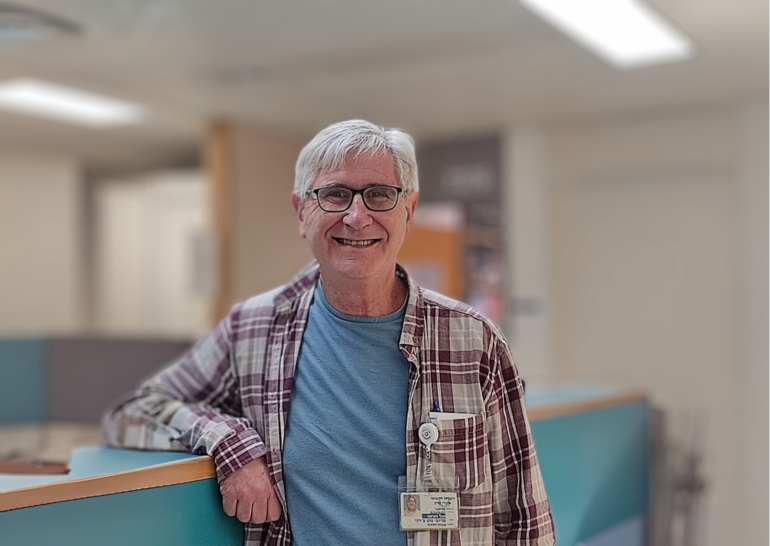The scope of the oncology care across resource-diverse settings has been long debated.
One controversial aspect is the selection of an appropriate setting for survivorship care: many ideas, different visions, multiple models for organisation currently exist (J Natl Cancer Inst.2019 Nov 1;111(11):1120-1130). A key question to this regard is commonly raised: should patients be ‘medicalised’ as much as possible after a diagnosis of cancer? The ideal answer would be ‘not really’ – survivorship care should be framed around patients’ needs, beyond conjectures.
There is a well-established trend to retain patients in the specialistic setting when cancer treatments are completed. Intensive follow-up plans are not uncommon, as a recent work in breast cancer suggests, and sometimes they are also recommended in guidelines for cancer management (J Natl Cancer Inst.2021 Jan 27;djab011). Counterintuitively, more intensive follow-up schedules were recommended in guidelines for resource-poorer settings — which is exactly the opposite one would reasonably suggest.
There is perhaps an “original sin” of the modern oncology practice, embarked on the paths of hyper-specialisation and disease-oriented expertise — which are major drivers of progress, let’s not forget it! — indiscriminately applied across multiple scenarios. Disease-specific clinics often accommodate follow-up services, introducing indirectly a dis-continuum from the general medical practice, leading to a missed opportunity for a holistic approach based on primary healthcare.
With these reflections in mind, I recently bumped into a very interesting study investigating the impact of the setting of survivorship care on patients (Lancet Oncol.2021 Aug;22(8):1175-1187). It is hard to believe: it is a randomised, controlled clinical trial. It sounds still unexpected, and fairly surprising, that this study had been conducted with such a robust methodology. In the past, much of the literature on healthcare settings and workforce have been based on quasi-experimental studies or pre- vs post-observations. The I-CARE study was instead a randomised trial that assigned patients with non-metastatic colon cancer to specialised or non-specialised medical settings for the follow-up. The enrolled patients were enrolled to receive their follow-up by surgeons or by their general practitioners (GPs). The trial also provided an option to patients to be assisted or not via an eHealth app – that seemed to make no great difference, honestly. The study was designed to show differences in the quality of life, based on validated scales. Guess what metric was decided as primary endpoint? Not a surrogate, not something tangential to patients. Is there something more important than quality of life, when patients have completed treatments and are regularly checked, based on evidence-based schedules for follow-up? Yes: the overall life expectancy. However, a significant body of evidence report that less intensive follow-up is non-inferior to intensive schedules, for most of the patients (ESMO Open.2016 Sep 6;1(5):e000077). Also, a number of endpoints in this study will assess survival.
Do you know the surprise of the I-CARE? Surgeon-, hospital-based and GP-led follow-ups resulted in the same quality of life, with no significant difference, giving strength to the general recommendation to adhere to evidence-based schedules, whatever the setting is.
Is this enough convincing for a paradigm shift? I would suggest it is, along with the supporting literature which has been recently published. GPs and other primary healthcare providers can play a transforming role in the overall cancer control and be instrumental to implement patient-centered survivorship plans (Lancet Oncol.2015 Sep;16(12):1231-72; Semin Oncol. 2013 Dec; 40(6): 804–812). The need to be capillary, reach every single person, enhance health promotion and assist with holistic care can be prompted by primary healthcare – in principle and effectively.
But should the primary healthcare setting be the realm of GPs alone? Although it is important to have GPs-led settings, there is a broad range of different professionals who can assist patients and provide some interventions following a ‘role delegation’ approach. For instance, nurse-practitioners, community nurses, obstetricians and other so called ‘mid-level’ health providers can deliver some health interventions, including in survivorship care, independently. It may sound innovative, however it is already a reality in many parts of the world (J Oncol Pract. 2010 Jul; 6(4): 182–187).
I strongly believe that patients should be referred to appropriate pathways of follow-up care according to a risk-based evaluation. However, I also envisage that in some cases such as in multiple tumours predisposing syndromes or rare diseases, we should prioritise follow-up in a specialistic setting. Nevertheless, we can’t lose what we learnt from the priority-setting exercise during the COVID-19 pandemic era, when de-centralised models of survivorship care have been implemented, especially in a risk-based manner. Risk-adapted prioritisation and value-driven decision-making are drivers of cancer care (ESMO Open.2020 May;5(Suppl 3):e000793). Efficiency in the workforce training and organisation, encompassing the setting of care and the health providers who deliver health interventions, are drivers of sustainability. Having a strong primary healthcare platform is the key for healthcare continuity beyond the pandemic.
Shortages of oncologists in many parts of the world should prompt organisational solutions to pursue patient-centred health goals (Lancet Oncol.2019 Jun;20(6):769-780). There is need to find quality solutions in the delivery of health interventions and workforce training. As the I-CARE study suggests, we need to understand caveats and benefits of alternative organisational models, the value of role delegation and the need for workforce managerial solutions. That is why I do hope to see many more similar analyses in the future. Re-framing the survivorship care in the primary health setting can be paradigmatic. We need good study designs and a new perspective in cancer research. Investing in health system implementation studies, for example, would be a driver of change. With no quality studies, we would only rely on assumptions, ideas and conjectures leaving room to unacceptable uncertainties in cancer control planning which could be catastrophic for settings at low resources. Generating evidence on innovative models of health service organisation can have transformative potentials, relevant for the greatest proportion of patients in all the world. Investing in research on health systems is just indispensable to truly deliver patient-centred care.





